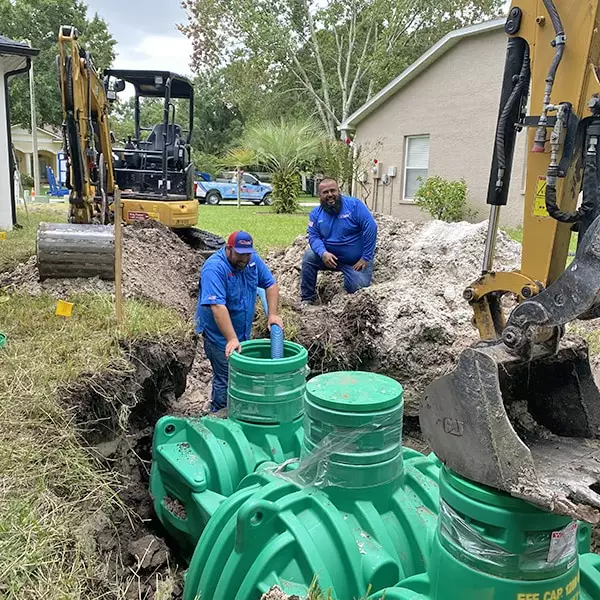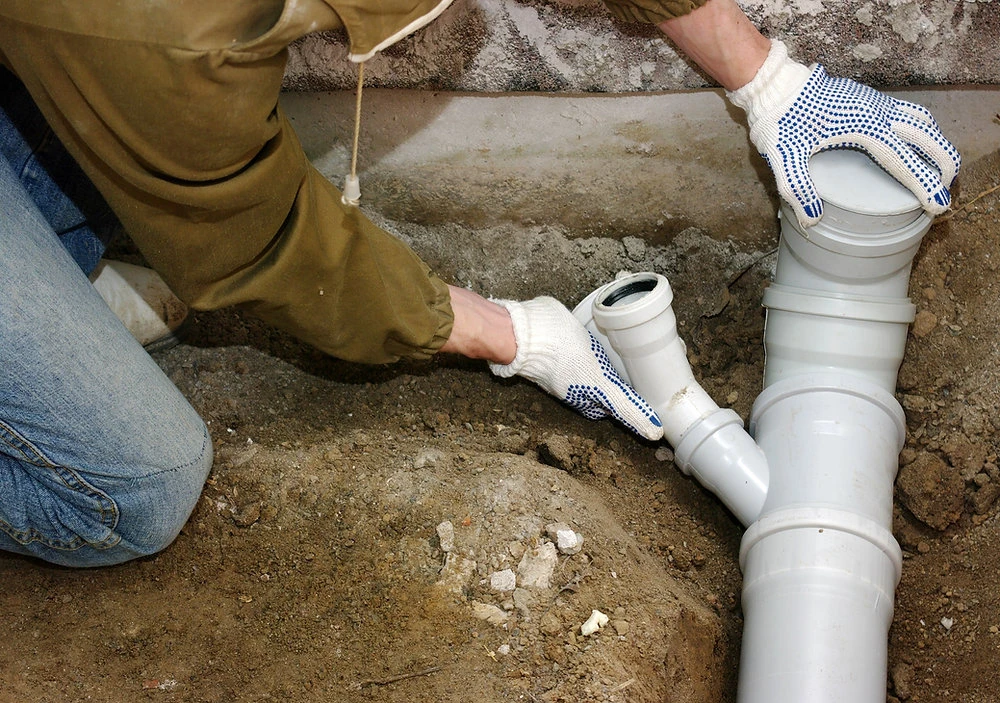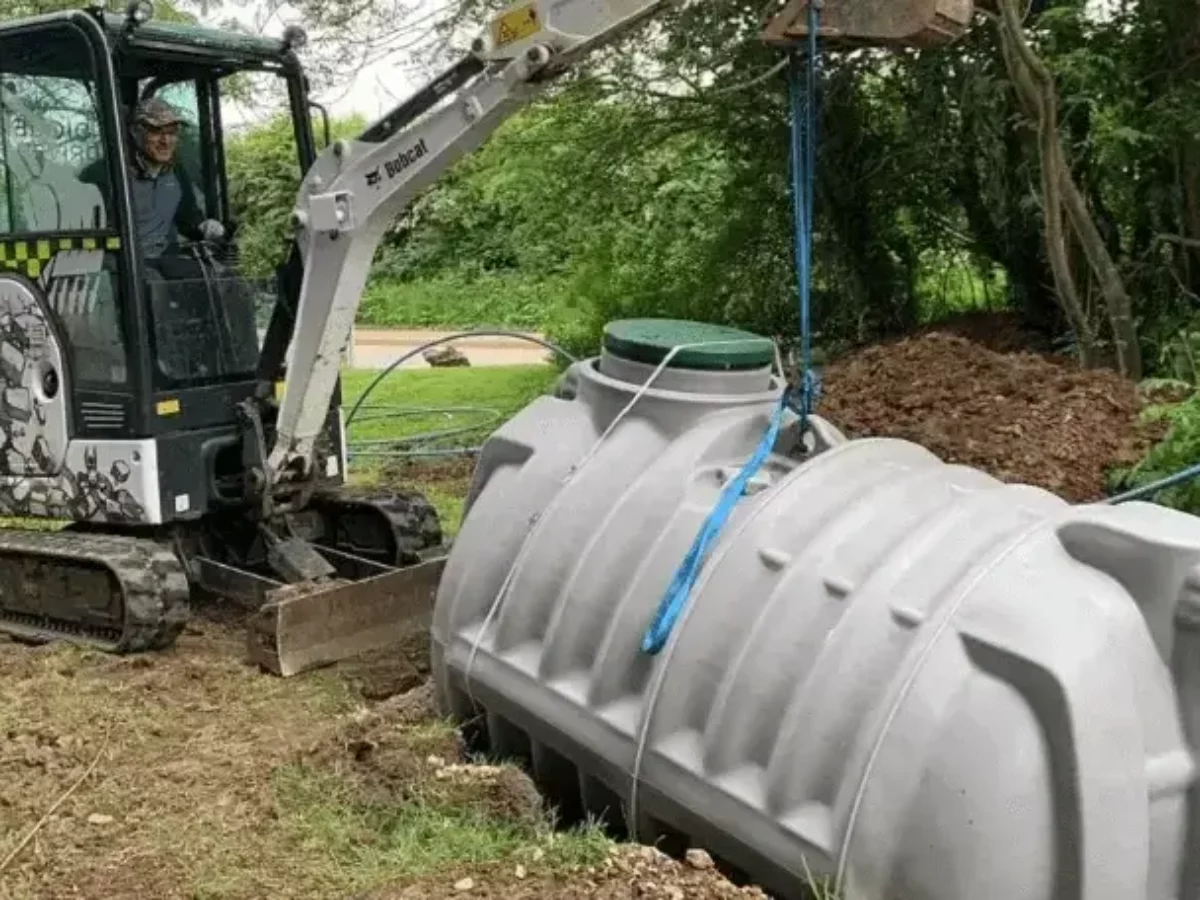Septic Tank Services
Detailed Septic Tank Service Process
The septic tank service process starts with an initial assessment to evaluate the system's current state. Technicians will pump out the tank, inspect the components, and clean the interior to remove any accumulated sludge. They will also check the system for potential issues such as clogs or leaks and perform repairs as needed. The service concludes with a final inspection to ensure that the system is operating properly and efficiently. This comprehensive approach ensures that your septic system remains in good condition and minimizes the risk of future problems.
Long-Term Advantages of Professional Septic Tank Services
Investing in professional septic tank services offers several long-term benefits, including improved system performance and extended lifespan. Regular maintenance prevents major issues and costly repairs by addressing potential problems early. A well-maintained septic system also reduces the risk of environmental contamination and ensures that your system operates efficiently, providing peace of mind and protecting your property.
FAQs
How often should I schedule septic tank services?
Septic tank services should be scheduled regularly, typically every 3 to 5 years, depending on the size of the tank and the number of occupants. More frequent inspections may be needed if there are signs of issues or if the system is heavily used.
What are the signs that my septic tank needs service?
Signs that your septic tank may need service include slow-draining sinks or toilets, unpleasant odors around the tank area, and pooling water in the yard. If you notice any of these symptoms, it's important to schedule a professional inspection.
Can I perform septic tank maintenance myself?
While some basic maintenance tasks can be done by homeowners, such as monitoring water usage and avoiding flushing non-biodegradable items, professional services are essential for tasks like pumping, inspections, and repairs. Professionals have the expertise and equipment to ensure thorough and effective service.
What should I do if my septic tank is full?
If your septic tank is full, you should contact a professional service provider immediately to schedule pumping. A full tank can lead to system backups and potential damage if not addressed promptly.
How can I extend the life of my septic system?
To extend the life of your septic system, avoid flushing non-biodegradable materials, conserve water, and schedule regular professional maintenance. Proper care and timely service help prevent issues and ensure the long-term functionality of your system.







